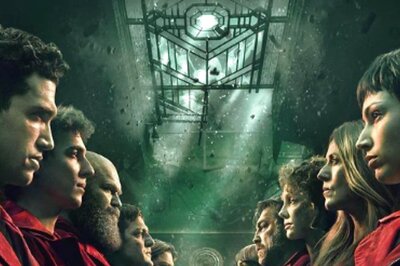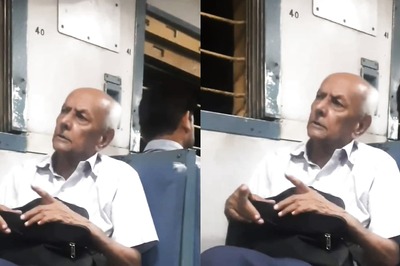
views
New Delhi: Citing the example of how a fraudster impersonated Chief Justice of India on Twitter and is yet to be apprehended, the government has justified its December 20 order authorising 10 central agencies to intercept "any information" stored in any computer.
The government also revealed that some discrepancies were noticed, where call detail record (CDR) of some citizens were found in the possession of unauthorized persons.
"Culprits are still roaming free as service providers have not shared details about people posting/sharing such material," said the government referring to the impersonator with fake Twitter profile of CJI Ranjan Gogoi.
The government has also made it clear than the need to give permission to the select 10 agencies emanated from the "difficulty faced by security agencies in getting information to trace culprits despite submission of lawful requisitions," said the government.
"Many technology platforms are being used for spreading terrorist propaganda, and recruiting terrorists. Despite repeated requests social media and messaging service providers are not expeditiously sharing details about people posting/sharing such material," said the government.
The section 69 of the IT Act deals with the "power to issue directions for interception or monitoring or decryption of any information through any computer resource". It provides that the central government or a state government or any of its officers can direct any agency to intercept or decrypt any information for the purpose of national security.
After the December 20 order was passed, the government issued a clarification stating that Section 69 of IT Act was amended in 2008, when A Raja was Minister of Communication and Information Technology and P Chidambaram was the Home Minister.
The opposition was, however, in no mood to let this go.
Responding to Congress leader Anand Sharma's charge in the Rajya Sabha, finance minister Arun Jaitley said it would have been better if the opposition had obtained all the information before raising the issue.
The government underlined that the latest notification is "nothing new" but an attempt to "bring more clarity and transparency in order to prevent misuse of interception powers by agencies/persons".
Government also cited the lag often experienced at the end of social media networks and other online spaces which leads to a delayed revelation of identity in case of crimes.
The opposition has called the order 'unconstitutional, undemocratic and an assault on fundamental rights'.




















Comments
0 comment